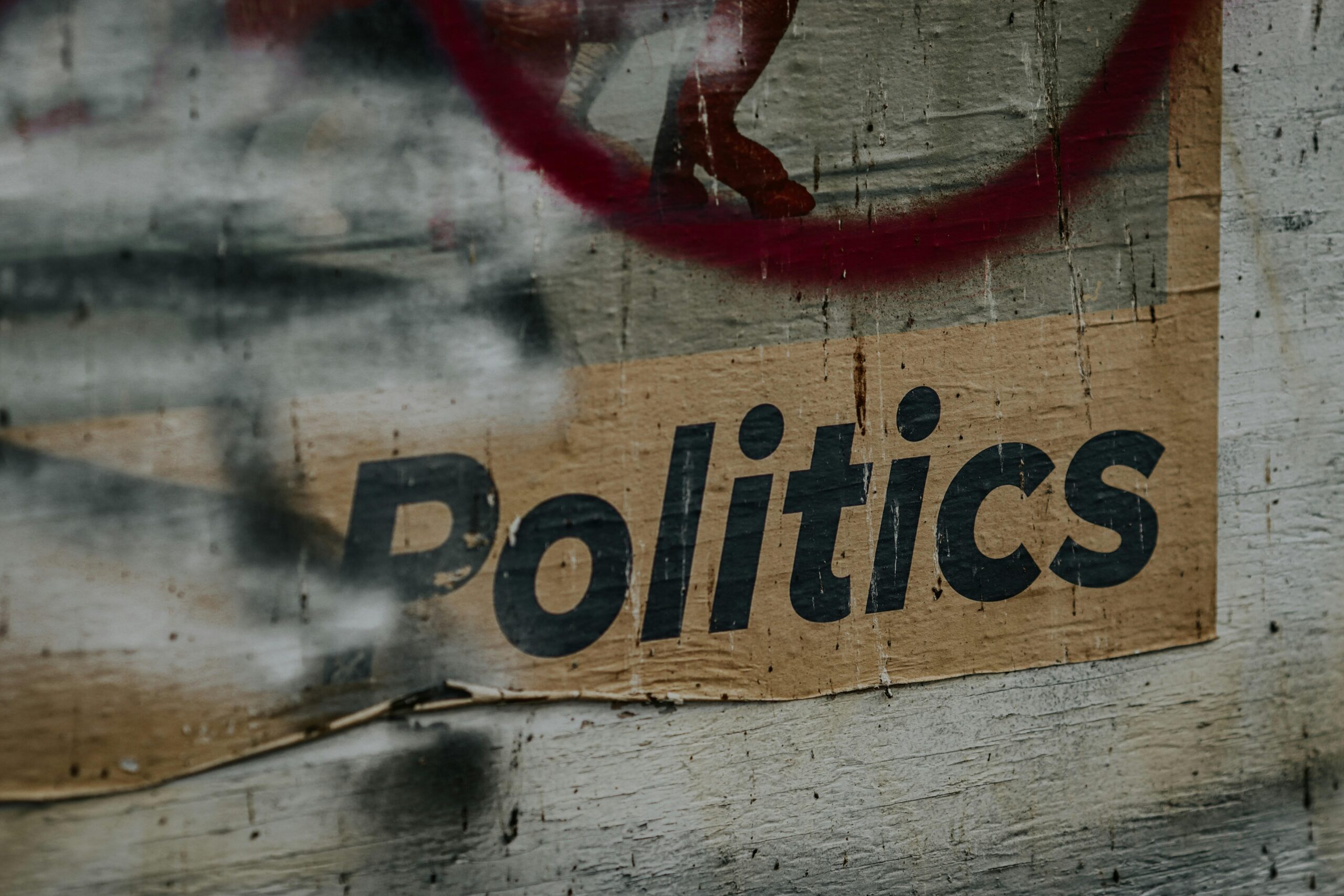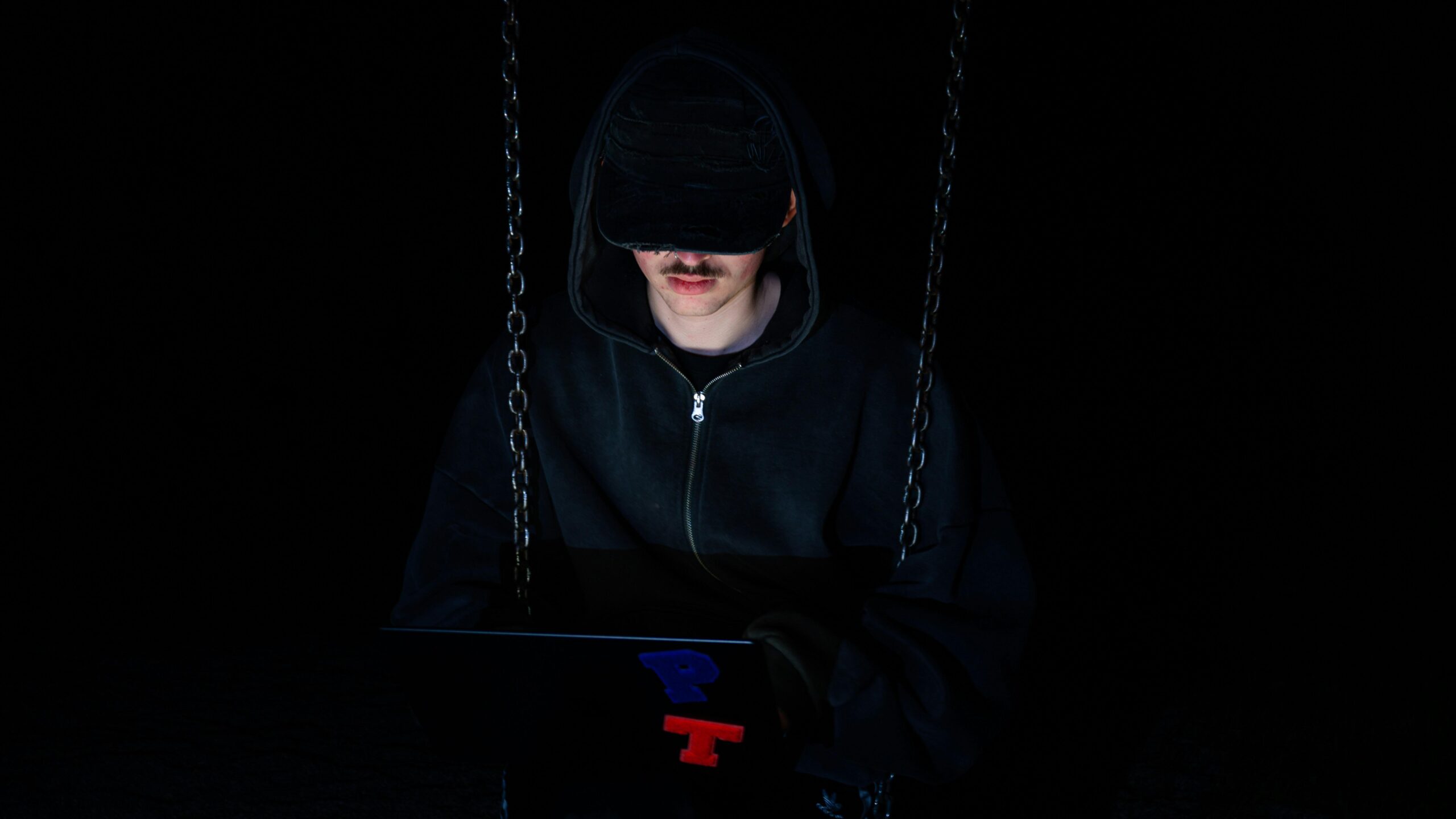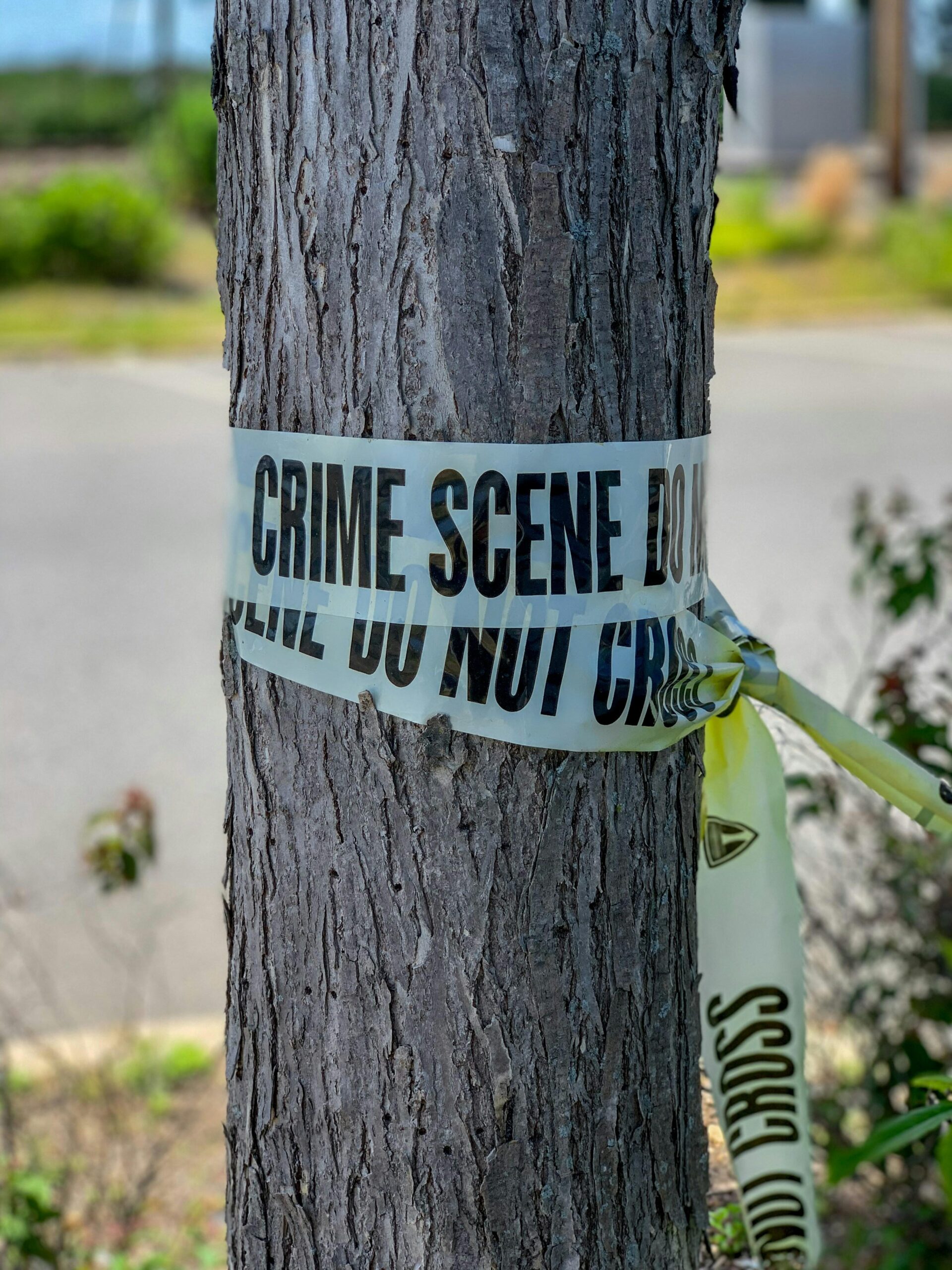Have you ever wondered why spikes in crime sometimes seem to follow economic downturns? It’s a pattern that has puzzled sociologists, economists, and policymakers alike: when job losses rise, so too can crime rates. But what exactly is going on beneath the surface? Is losing a job simply a financial blow, or could it trigger a complex chain of events leading some down a darker path? In this article, we’ll dive into the surprising and often overlooked connections between job loss and crime, exploring the human stories, societal pressures, and hidden factors that weave this curious link together. Let’s unravel it.
Table of Contents
- The Economic Ripple Effect Behind Job Loss and Criminal Behavior
- How Unemployment Shapes Social Dynamics and Community Safety
- Exploring Psychological Triggers Linking Job Loss to Crime
- Strategic Solutions to Break the Cycle and Build Resilience
- The Way Forward
The Economic Ripple Effect Behind Job Loss and Criminal Behavior
When individuals suddenly face unemployment, the shockwaves extend far beyond just a reduced paycheck. The immediate financial strain often forces families to reallocate limited resources, sometimes cutting corners on essentials like healthcare, education, or even food. This economic pressure can create an environment ripe for desperation, where making ends meet becomes an urgent challenge. Research reveals that the scarcity of regular income doesn’t just affect personal wellbeing but subtly nudges some toward riskier, sometimes illegal, alternatives to fill the gap. As social safety nets strain under increased demand, the community’s collective stability can begin to fray, revealing how closely economic health and social order are intertwined.
Interestingly, the ripple effects of job loss extend into the very fabric of neighborhoods, influencing crime rates in ways not always immediately obvious. Unemployment can lead to a decline in community investment and superhero effect of local businesses, removing critical support systems that deter criminal activities. Beyond economic needs, losing a job might impact self-esteem and social identity, factors intricately linked to behavior. Several studies point to a rise in property crimes and petty theft correlated with spikes in unemployment, highlighting a complex web of socio-economic triggers. The data urges policymakers not only to prioritize job creation but also to strengthen community programs that address emotional and psychological fallout post-job loss.
- Financial Instability: Pushes individuals toward alternative, sometimes unlawful, income streams.
- Community Disintegration: Loss of local economic activity weakens protective social structures.
- Psychological Impact: Reduced self-worth increases vulnerability to criminal behavior.
How Unemployment Shapes Social Dynamics and Community Safety
When unemployment rates surge, the ripple effects extend far beyond individual wallets, reaching deep into the fabric of communities. A loss of steady income can unsettle social networks, reshaping how neighbors interact and trust one another. This shift often triggers a subtle erosion of communal bonds as stress and uncertainty mount. Individuals facing joblessness might withdraw from social activities or become involved in informal economies as coping mechanisms. Such changes can leave public spaces feeling less secure and more fragmented, challenging the collective safety once taken for granted.
It’s fascinating—and somewhat unsettling—to observe how job loss can sometimes correlate with increases in certain types of crime. The mechanisms at play are complex, but some patterns stand out:
- Economic desperation: Reduced opportunities may push some toward theft or illicit activities as means of survival.
- Shifts in law enforcement focus: Budget cuts during economic downturns can limit police presence in vulnerable neighborhoods.
- Community disengagement: When individuals feel disconnected, social controls weaken, allowing crimes like vandalism or drug offenses to flourish.
Understanding these dynamics is crucial—not just for policymakers but for anyone invested in the health and security of their communities. It invites us to consider holistic responses that strengthen both economic and social safety nets simultaneously.
Exploring Psychological Triggers Linking Job Loss to Crime
When individuals face the sudden upheaval of losing their job, an array of psychological responses can emerge, acting as invisible levers that nudge some toward criminal behavior. The sudden void of purpose and financial stability often triggers intense stress and hopelessness. These feelings don’t just evaporate: they foster a fertile ground for risk-taking and impulsive decisions. Studies reveal that under the weight of job loss, self-esteem takes a nosedive, and with it, the internal moral compass can become clouded. This downward emotional spiral can transform ordinary stress into a catalyst for actions once considered unthinkable.
Delving deeper, several mental mechanisms intertwine to shape this trajectory:
- Social Isolation: Job loss can sever daily social interactions, pushing individuals into feelings of loneliness, which exacerbates vulnerability to deviant behavior.
- Economic Desperation: As financial strain intensifies, the urgency to meet basic needs may override ethical boundaries.
- Identity Crisis: Employment often anchors personal identity; its absence can destabilize one’s sense of self, leading to erratic choices.
By understanding this tangled web of psychological factors, we begin to see that crime in the wake of unemployment isn’t merely a consequence of poverty, but a complex dance between mind and circumstance.
Strategic Solutions to Break the Cycle and Build Resilience
Addressing the intertwined challenges of unemployment and crime requires a multifaceted approach that goes beyond temporary relief. Community-driven initiatives that focus on skill development and education have shown remarkable promise. Tailored vocational training programs paired with real-world apprenticeships can transform idle time into productive opportunities, fostering a sense of purpose and belonging. Moreover, providing accessible mental health support reduces the emotional strain that often accompanies job loss, breaking the invisible chain linking despair to desperation.
In addition to individual-focused strategies, systemic changes are vital to cultivating resilience at a societal level. Policy measures such as incentivizing businesses to hire from vulnerable populations, improving affordable housing options, and strengthening social safety nets create an environment where recovery from setbacks becomes feasible rather than elusive. Incorporating these solutions through collaborative efforts between governments, nonprofits, and local communities can generate lasting impact. Consider these strategic pillars:
- Job creation with social impact: Encouraging industries that invest in long-term employment growth.
- Community mentorship programs: Connecting at-risk individuals with role models who provide guidance and motivation.
- Financial literacy workshops: Empowering people to manage resources wisely and plan for economic uncertainty.
- Enhanced rehabilitation and reintegration: Supporting former offenders in gaining stable employment, reducing recidivism.
The Way Forward
As we’ve seen, the link between job loss and crime is a tangled web of economic pressure, social stress, and personal choice—far from a simple cause-and-effect story. While losing a job can push some toward desperate measures, it also opens up a wider conversation about community support, mental health, and policy intervention. The more we dig into this complex connection, the clearer it becomes that addressing unemployment isn’t just about numbers on a ledger; it’s about the very fabric of society. So, the next time you hear about a rise in crime rates, remember—there might be an untold story behind the statistics, waiting to be understood. Curious to explore more? Stay tuned for the unfolding chapters in this fascinating interplay between work, identity, and society.











